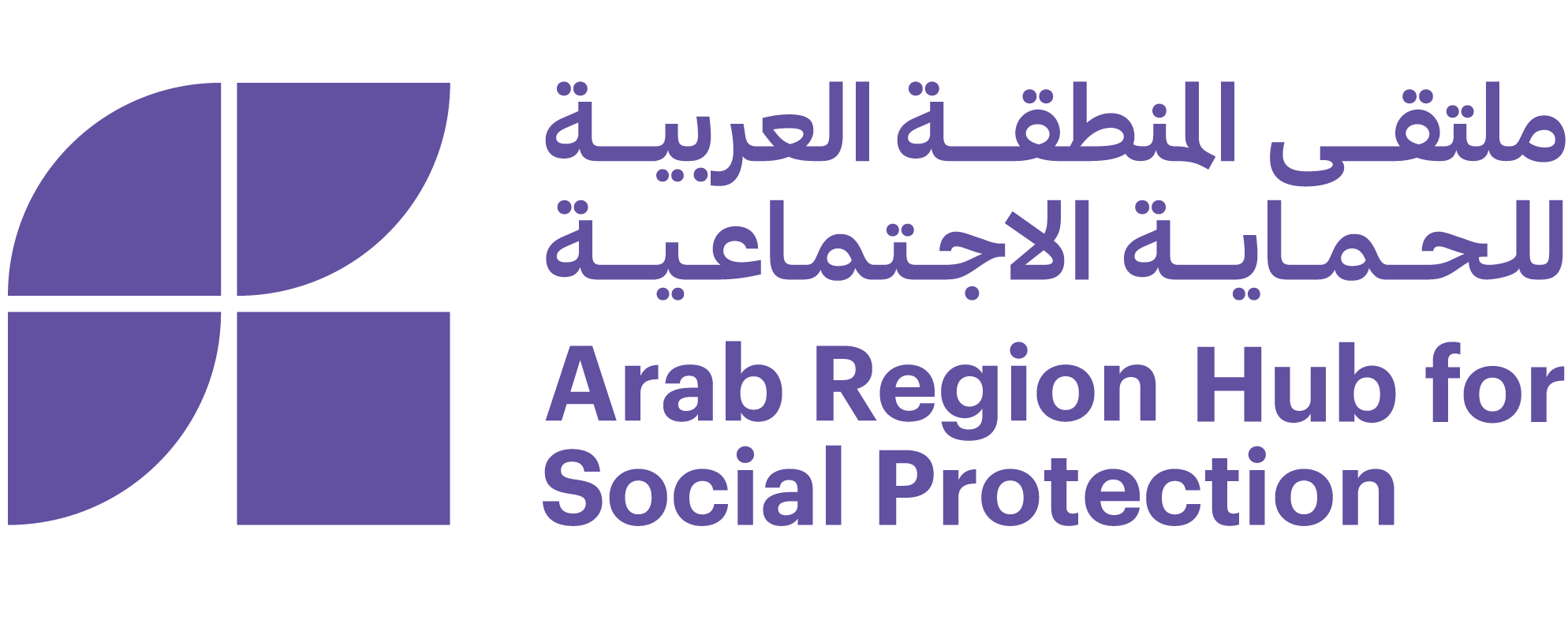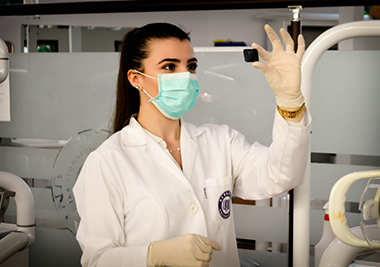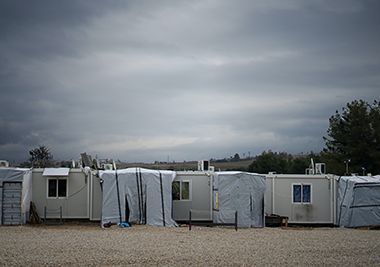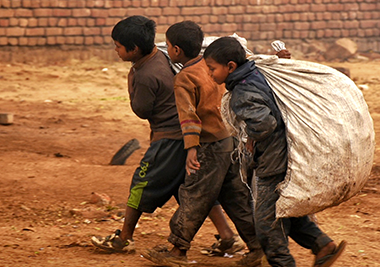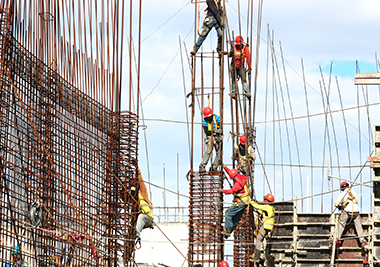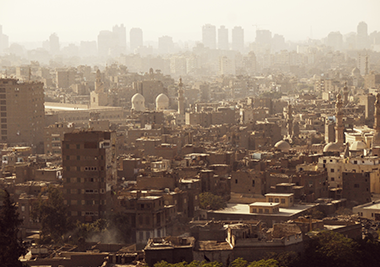Education
Everyone possesses the innate ability to contribute to the betterment of society. Education is the vehicle through which each individual can identify and hone those abilities and live a purposeful fruitful life that contributes to their own and their community’s wellbeing and prosperity. Not everyone however has access to education. This not only limits their opportunities but the collective growth of society at large.
